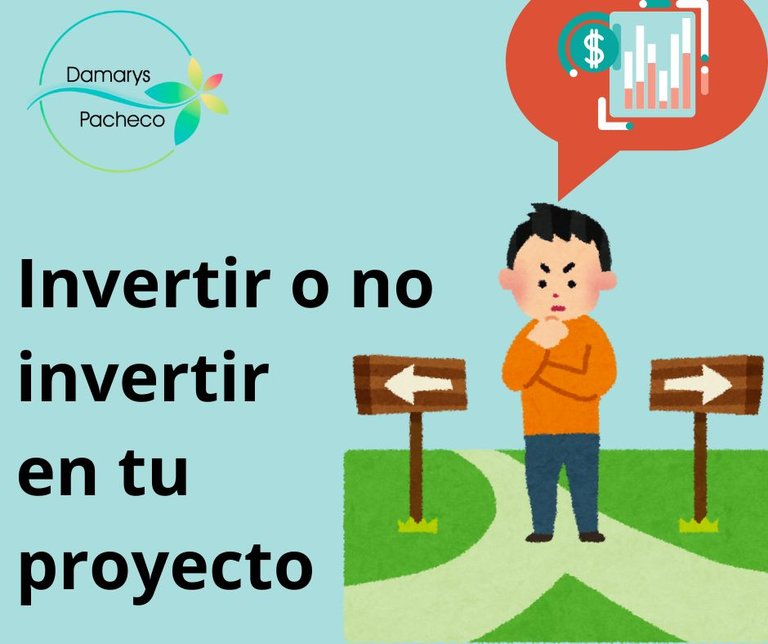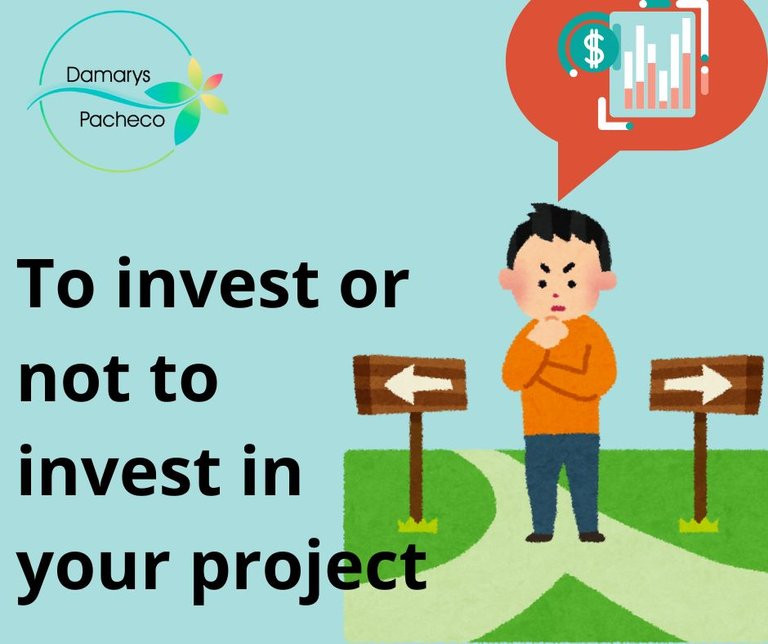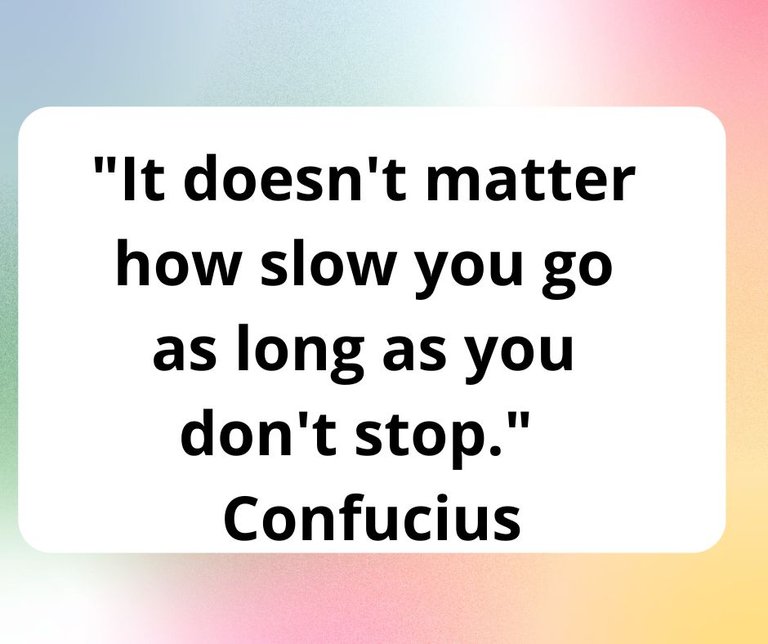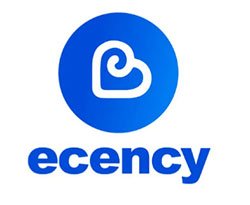
Estoy en el grupo de personas que cree que para iniciar un emprendimiento no es necesario contar con una fuerte cantidad de dinero, escucha lo que estoy diciendo: una fuerte cantidad de dinero, porque siempre, siempre tendremos que invertir, así sea poco.
Poco o mucho es un criterio subjetivo que no da mucha referencia, sin embargo, es un criterio que tiene que ver con nuestra idea de emprendimiento y sus posibilidades reales de ponerla en práctica.
Por ejemplo si tus fortalezas y talentos están en la cocina, con los equipos que tienes en casa, puede dar los primeros paso, pero si tu idea es la transformación de plástico reciclable en un nuevo producto industrializado, pues requerirás invertir en una maquinaria especializada, un espacio especial y otras tantas cosas que se traducen en una buena cantidad de capital.
En ambos casos, si realmente no tienes un dinero ahorrado para una inversión inicial o un trabajo que te genere un ingreso fijo con el cual puedas cubrir las necesidades personales de los primeros tiempos, es mejor esperar un mejor momento.
Partamos del hecho de que un mejor momento, posiblemente, no llegue solo, por lo tanto, hablamos de accionar y es lo que llamamos crear circunstancias. Todo hecho se produce en un contexto, cuando lo que queremos no encaja en esa realidad que tenemos es necesario ponernos a trabajar en función de esa idea o proyecto, es decir, ir creando las mejores condiciones para que la idea prospere.
Entonces crear circunstancias tiene mucho que ver con:
A.- Definir muy bien tu propósito. Saber lo que quieres, a donde quieres llegar. Tener claro el propósito nos ayuda a conocer lo que requerimos para llegar allá. Lo cual nos induce a:
B.- Definir un plan de acción, en el cual establecemos los objetivos alcanzables en un tiempo delimitado, por lo que es imprescindible jerarquizar y establecer las estrategias a seguir.
Ahora bien, como estamos hablando de esa inversión inicial, las estrategias estarán enfocadas en acumular dinero para dar el primer paso, que pueden ir desde el ahorro personal, buscar un socio, la venta de algún activo, entre otros.
Porque cuando lo miramos de cerca, en todo esto hay un aspecto que como emprendedores es apropiado tener presente: ¿Si tú no inviertes en tu idea, porque otros van a invertir en ella?
Invertir en la idea de emprendimiento que tenemos se convierte en parte de nuestra tarjeta de presentación que demuestra para ti y los demás que confías en tu proyecto, crees en él. Recordemos que compromiso y confianza se construyen en el hacer. Es verdad, tu inversión en tiempo, gestión, emoción y pare de contar, es alto, pero para los efectos de “desarrollar una idea” hace falta un compromiso más tangible como lo es la inversión de capital.

Una frase elocuente que encaja muy bien en el tema que estamos tratando, avancemos, paso a paso, para crear las mejores circunstancias al iniciar nuestro emprendimiento, conviértete en el mejor aliado de tu idea, sé el primero en invertir en ella.
Esto acrecienta enormemente nuestra confianza, motivación, nos fortalece interna y externamente, pues en ello hay disciplina, hábitos, paciencia, pero sobre todo el convencimiento del “yo sí puedo”.

In English

I am in the group of people who believe that to start a venture it is not necessary to have a large amount of money, listen to what I am saying: a large amount of money, because we will always, always have to invest, even if it is little.
Little or a lot is a subjective criterion that does not give much reference, however it is a criterion that has to do with our idea of entrepreneurship and its real possibilities of putting it into practice.
For example, if your strengths and talents are in the kitchen, with the equipment you have at home, you can take the first steps, but if your idea is the transformation of recyclable plastic into a new industrialized product, you will need to invest in specialized machinery, a special space and many other things that translate into a good amount of capital.
In both cases, if you really do not have money saved for an initial investment or a job that generates a fixed income with which you can cover the personal needs of the first times, it is better to wait for a better moment.
Let's start from the fact that a better moment, possibly, will not come by itself, therefore, we talk about acting and this is what we call creating circumstances. Every event takes place in a context, when what we want does not fit in that reality we have, it is necessary to start working on that idea or project, that is, to create the best conditions for the idea to prosper.
So creating circumstances has a lot to do with:
A.- Defining your purpose very well. Knowing what you want, where you want to go. Having a clear purpose helps us to know what we need to get there. Which leads us to:
B.- Define an action plan, in which we establish the achievable objectives in a delimited time, so it is essential to prioritize and establish the strategies to follow.
Now, as we are talking about that initial investment, the strategies will be focused on accumulating money to take the first step, which can range from personal savings, finding a partner, selling an asset, among others.
Because when we look closely, in all this there is an aspect that as entrepreneurs is appropriate to keep in mind: If you do not invest in your idea, why others will invest in it?
Investing in the entrepreneurial idea we have becomes part of our business card that demonstrates to you and others that you trust your project, you believe in it. Let's remember that commitment and trust are built in the doing. True, your investment in time, management, emotion and so on, is high, but for the purposes of "developing an idea" it takes a more tangible commitment such as capital investment.

An eloquent phrase that fits very well in the topic we are dealing with, let's move forward, step by step, to create the best circumstances to start our venture, become the best ally of your idea, be the first to invest in it.
This greatly increases our confidence, motivation, strengthens us internally and externally, because in it there is discipline, habits, patience, but above all the conviction of "I can do it".

Translated with www.DeepL.com/Translator (free version)
Fuente de imágenes: Archivo personal



MIS REDES SOCIALES






Be Entrepreneur



En algunas o muchas ocasiones quienes nos ponemos limites somos nosotros mismos, es decir, las excusas de "es que no le va a ir bien" "es que mejor es tener un mejor colchón $$ para afrontar los retos" y así vamos o van... es un tema complicado por que de verdad depende de la educación financiera propia que se tenga para afrontar el tema de invertir o no en una idea propia o incluso en una idea copiada que pueda dar resultados.
Concuerdo contigo en que, como emprendedores, nosotros mismos debemos creer en el emprendimiento a desarrollar, confiar profundamente e invertir todo lo que podamos para hacerlo realidad y llevarlo a la cima del éxito con paciencia y constancia, pues estas son claves para su crecimiento, nada se logra de la noche a la mañana, todo lleva su tiempo. Saludos, mi querida @damarysvibra.
The part that really inspired me is the fact that it doesn't matter how slow you go as long as you keep going. Thanks so much for this post @damarysvibra
Thank you for sharing such an awesome blog. Your insights on starting a business with or without a large investment are valuable. Let's keep encouraging each other as we pursue our entrepreneurial dreams
Ciertamente invertir es la clave del exito, en mi caso, dedico horas de estudio e investigación, que aunque no es tangible tambien tiene un costo asociado.
Saludos!!!